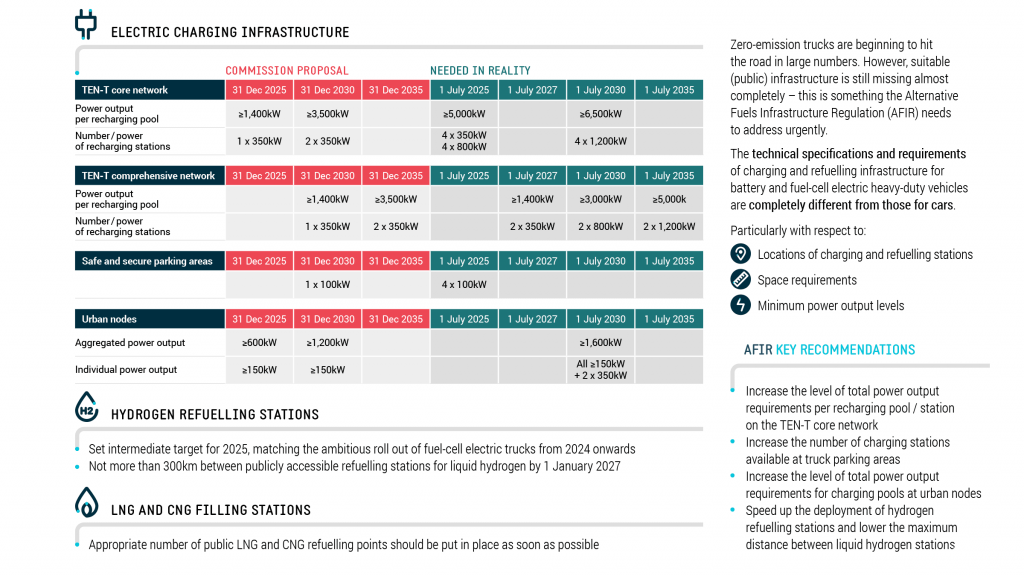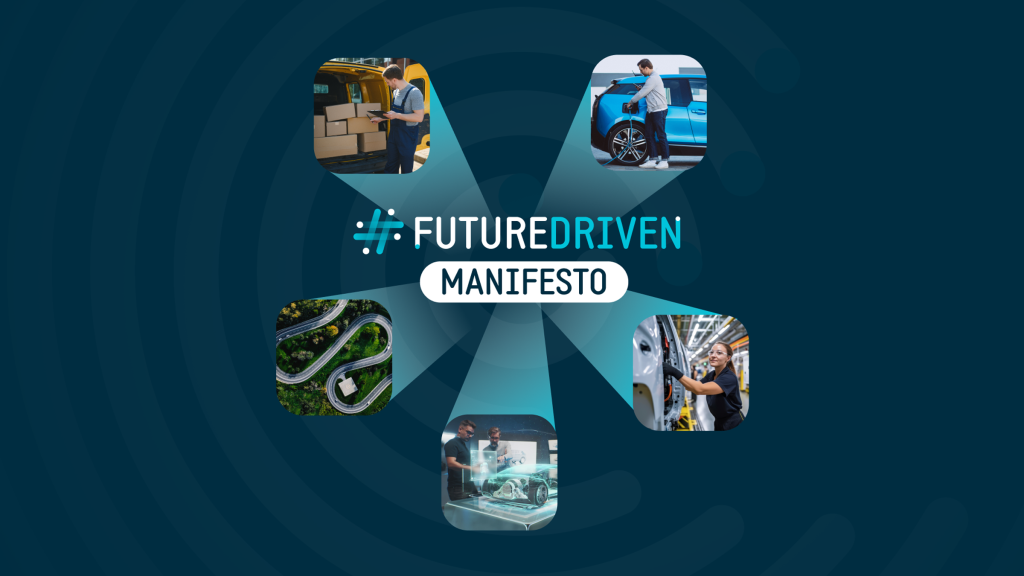Zero-Emission Trucks: Episode 6 – Matching the level of ambition
In this sixth episode of the #ZeroEmissionTrucks series, Harald Seidel, President of DAF Trucks, and Peter Leegstraten, Manager Transport Expertise at Albert Heijn Supermarkets, meet at DAF’s electric truck assembly plant to discuss just what is needed to get #ZeroEmissionTrucks on the road.
Truck manufacturers are fully committed to the decarbonisation of road transport. The industry is offering a growing range of low- and zero-emission vehicles, which are now entering the market with a massive growth rate.
But customers have a key role to play too. “At Albert Heijn, we think it is really important that our transport activities in inner cities should be emissions free,” stated Peter Leegstraten, Manager Transport Expertise at Albert Heijn Supermarkets.
Indeed, both sides are equally important for a successful transition to climate neutrality. “We do have a very strong drive to move forward quickly with the development of zero-emission trucks,” added Mr Leegstraten.
“I think we’re on the same page there, Peter. We will try to build as many trucks as possible. In line with our customer’s need, of course. That’s why our electric trucks are modular by design,” confirmed Mr Seidel.
Yet, in order to meet this level of ambition, transport operators must be incentivised to embrace these new trucks. Decarbonising road freight transport requires more than just tightening CO2 targets for manufacturers. “How do you charge them? What about your distribution centres? Can you charge there?,” asked Mr Seidel.
“In some places yes, in others, not at all. We need large, heavy-duty cables to power the distribution centres. The network has to be at such a large scale as to transport sufficient energy. So, something needs to be done urgently,” replied Mr Leegstraten.
To ensure a swift transition, the focus should be put on the framework conditions to enable the market uptake of these new generation trucks. These include the swift roll-out of a network of charging and refuelling stations that meet trucks’ specific needs, accompanied by an effective carbon pricing system that eventually extends to road transport, enabling shippers and hauliers to invest in and profitably operate these new generation trucks.
“I completely agree with you, but I do see a positive future. Political action will have to be taken. And we will have to do our part. The fact is that this factory can make thousands of electric trucks a year. We are ready,” concluded Mr Seidel.
Political action will have to be taken. And we will have to do our part. The fact is that this factory can make thousands of electric trucks a year. We are ready.


